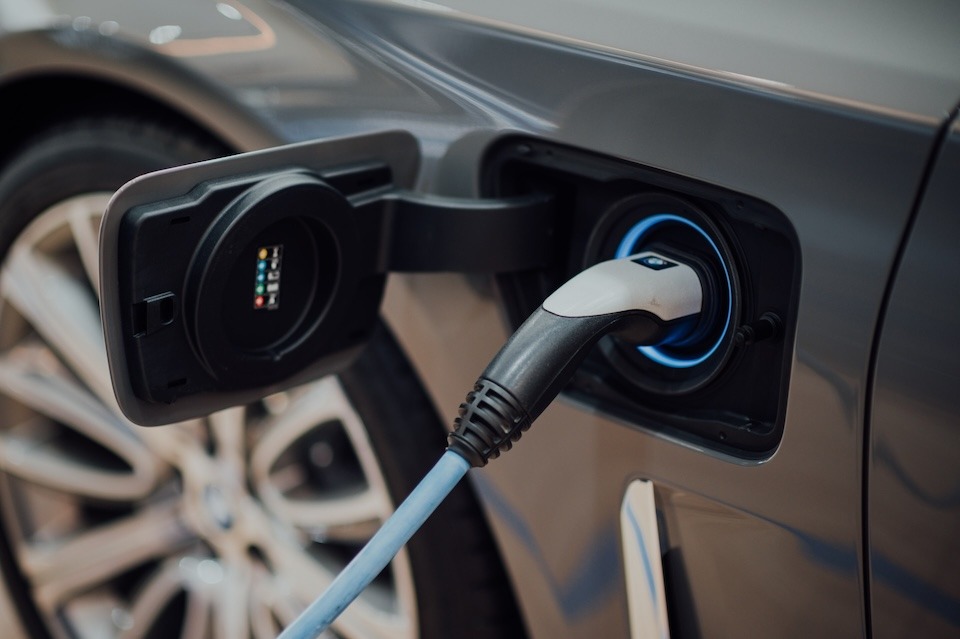As electric cars gain popularity worldwide, governments are implementing laws and regulations to support their adoption and ensure their safe integration into existing transportation systems. In this informative guide, we’ll delve into the legal landscape surrounding electric cars, examining laws, regulations, and policies that impact their use and proliferation.
The Evolution of Laws on Electric Cars
Early Legislation and Regulation
In the early days of electric car development, legislation and regulation primarily focused on safety standards and vehicle certification. Governments enacted laws to ensure that electric cars met established safety requirements and emissions standards, similar to those for traditional gasoline-powered vehicles. Additionally, regulations governing electric vehicle charging infrastructure began to emerge to support the growing fleet of electric cars.
Incentives and Tax Credits
As awareness of climate change and air pollution grew, governments began to introduce incentives and tax credits to promote the adoption of electric cars. These incentives often include financial incentives such as rebates or tax credits for purchasing electric vehicles, as well as perks such as access to HOV lanes or reduced registration fees. By offering incentives, governments aim to encourage consumers to choose electric cars over traditional gasoline-powered vehicles, thereby reducing greenhouse gas emissions and promoting sustainable transportation.
Key Laws on Electric Cars
Emission Standards
One of the most significant laws governing electric cars is the regulation of emissions standards. Unlike gasoline-powered vehicles, electric cars produce zero tailpipe emissions during operation. As a result, many governments have implemented stricter emissions standards for traditional vehicles while providing exemptions or incentives for electric cars. These standards help reduce air pollution and greenhouse gas emissions, contributing to improved air quality and mitigating climate change.
Infrastructure Development
Another area of focus for laws on electric cars is the development of charging infrastructure. Governments are investing in the expansion of public charging networks to support the growing number of electric vehicles on the road. These laws may include requirements for new construction to include electric vehicle charging stations, as well as funding programs to incentivize the installation of charging infrastructure in existing buildings and public spaces. By expanding charging infrastructure, governments aim to address concerns about range anxiety and promote the widespread adoption of electric cars.
Future Trends and Considerations
Autonomous Vehicles
As technology continues to advance, governments are grappling with the regulatory challenges posed by autonomous electric vehicles. Laws on electric cars may need to be updated to address issues such as liability, safety standards, and data privacy in the context of autonomous driving technology. Additionally, governments must consider how to regulate the interaction between autonomous electric vehicles and traditional vehicles on the road to ensure safe and efficient transportation systems.
Grid Integration
The increasing adoption of electric cars poses challenges and opportunities for grid integration. Governments may need to implement regulations to manage the impact of electric vehicle charging on the electrical grid, including demand management strategies, time-of-use pricing, and grid modernization initiatives. By effectively integrating electric cars into the grid, governments can maximize the environmental and economic benefits of electric transportation while ensuring grid reliability and stability.
Read too: A Step-by-Step Guide to Effortlessly Install Electric Car Charger at Home
Conclusion
Laws on electric cars play a crucial role in shaping the future of transportation, influencing everything from vehicle safety standards to charging infrastructure development. As governments around the world work to address climate change and promote sustainable transportation solutions, laws and regulations will continue to evolve to support the widespread adoption of electric cars. By staying informed about the legal landscape surrounding electric vehicles, stakeholders can contribute to a more sustainable and equitable transportation future.
